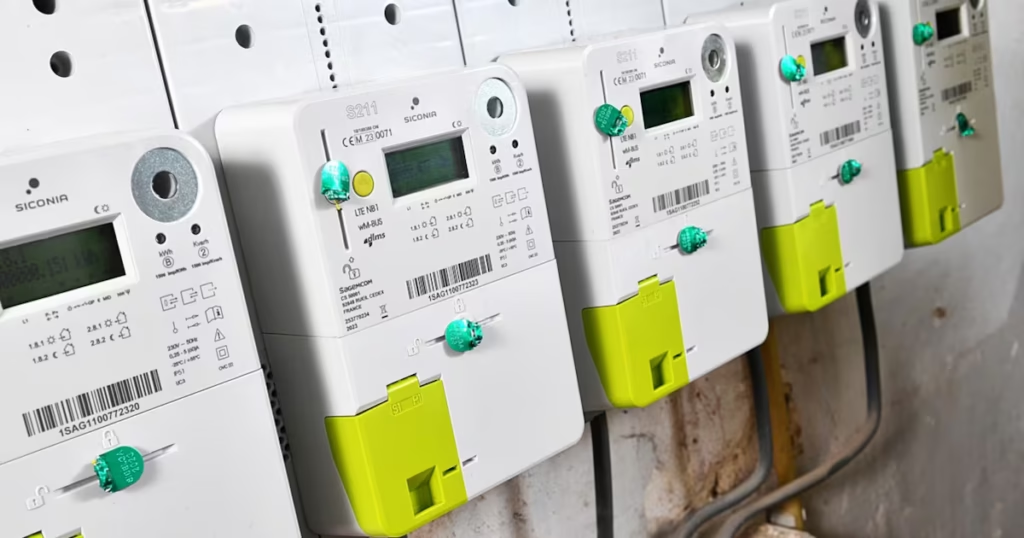Morocco is preparing to take a new step in structuring its energy sector. The regulatory framework governing self-production of electricity, highly anticipated by professionals and industrialists, is in the final stages of development. According to information reported by *L’Économiste*, four application decrees of law 82-21 are expected to be published in the coming weeks, thus lifting many technical and legal uncertainties.
These texts will precisely define the conditions for implementing self-production, particularly regarding administrative procedures, surplus management, energy storage, and production regulation. Ultimately, they will create a clear and attractive environment for both companies and individuals wishing to produce their own electricity from renewable sources.
The first aspect: the procedures will vary according to the power of the installations. Systems not connected to the grid and with a power of 11 kW or less will only need to make a simple declaration via a digital platform currently under development. This threshold corresponds to the maximum consumption of a household. In contrast, for installations connected to the grid between 11 kW and 5 MW, a request must be submitted to the local operator (ONEE or another operator). Beyond 5 MW, authorization from the Ministry of Energy Transition will be required.
The second decree will regulate the valorization of production surpluses. While the law allows for the sale of a surplus of up to 20% of production, exemptions will be possible for certain profiles, such as industrial units or desalination plants operating predominantly on green energy. The decree will specify the criteria to be met to benefit from this expanded regime.
The third text will address storage. It will open the possibility for self-producers to use their own equipment or services provided by network managers. Finally, a fourth decree will regulate curtailment, this regulatory mechanism through which network managers can require a temporary reduction in production in case of an imbalance between supply and demand.
Some obligations are already in effect. Producers must now equip themselves with smart meters ensuring the traceability of electricity flows. A certificate of origin is also required to prove the renewable nature of the injected energy, a document that can make a difference in the international market, particularly to avoid carbon taxes or enhance the environmental credibility of Moroccan exports.
With *L’Économiste*


